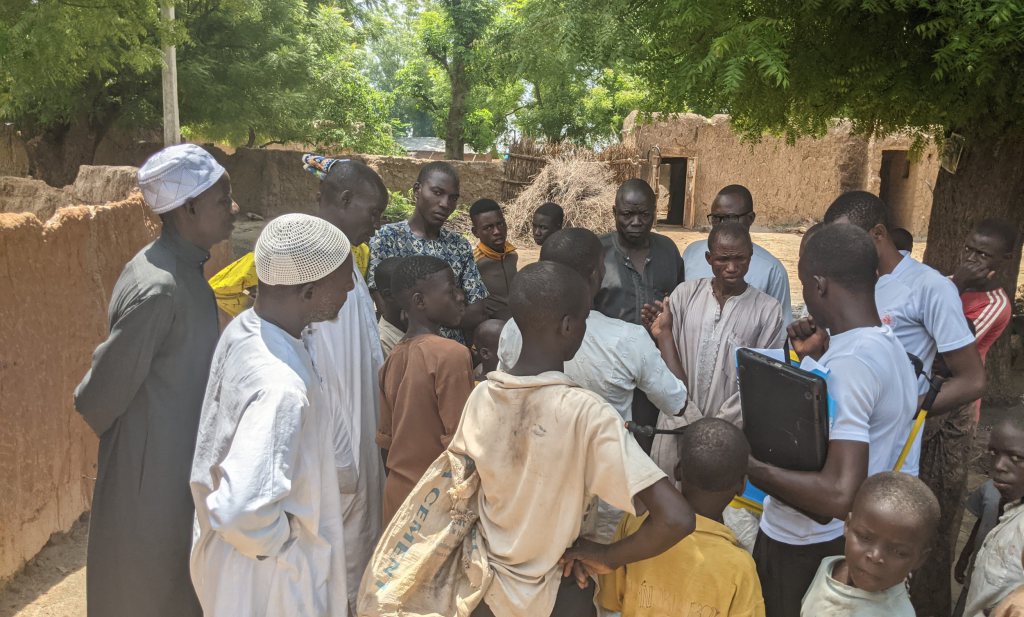Some days ago during the Payment for Result (P4R) Workshop organized by CNFA (Nigeria), Mr Olumide Ojo told us a story about how he asked a group of farmers what they understood about food security.
In the words of one of the farmers, “chop yesterday, chop today, chop tomorrow ………….” (to eat yesterday, today and tomorrow). I concluded that those farmers would never forget their cause and the phrase will definitely remain with them for life. Also, it dawned on me that this has been my concern for several years working with smallholder farmers; what farmers’ perceived about what we taught them, the key messages they obtained from the various teaching and learning experiences from us and what they are using these messages to do currently. Maybe just rhetoric!
Smallholder farmers are wise; those who cultivate the soil and raise livestock are one of the most intelligent people you would meet on the surface of the earth, and they are willing to learn when they PERCEIVE that you know better or understand their plights and can provide the needed solutions. However, we need to redefine how concepts or knowledge are being transferred to them - not in the complex explanations or jargon but in simple terms as to understand ways that they can relate with in their day-to-day activities, which could sprout actionable activities and tangible results. Concepts around climate change, insurance, climate smart technologies, mechanization amongst others need to be communicated properly in farmers’ relatable words or phrases, which would help or guide them through the adoption process (mental evaluation is easier when concepts are well understood).
In conclusion, it is important for stakeholders working with farmers to understand their changing needs and show more sincerity in proffering solutions; understanding their perceptions also. We need to communicate more with farmers in redefining these important concepts or messages, identify any barriers that could cause distortion and motivate them to accept the call to action. We need more farmers who can key into achieving food security, climate smart practices and technologies and building resilience amongst others. This starts from appropriate distilled knowledge in their mind that translates into actionable practises. As I close this letter, my question is “what does climate change mean to your farmers?”
Yours-in-Service
Babatunde
Smallholder farmers are wise; those who cultivate the soil and raise livestock are one of the most intelligent people you would meet on the surface of the earth, and they are willing to learn when they PERCEIVE that you know better or understand their plights and can provide the needed solutions. However, we need to redefine how concepts or knowledge are being transferred to them - not in the complex explanations or jargon but in simple terms as to understand ways that they can relate with in their day-to-day activities, which could sprout actionable activities and tangible results. Concepts around climate change, insurance, climate smart technologies, mechanization amongst others need to be communicated properly in farmers’ relatable words or phrases, which would help or guide them through the adoption process (mental evaluation is easier when concepts are well understood).
In conclusion, it is important for stakeholders working with farmers to understand their changing needs and show more sincerity in proffering solutions; understanding their perceptions also. We need to communicate more with farmers in redefining these important concepts or messages, identify any barriers that could cause distortion and motivate them to accept the call to action. We need more farmers who can key into achieving food security, climate smart practices and technologies and building resilience amongst others. This starts from appropriate distilled knowledge in their mind that translates into actionable practises. As I close this letter, my question is “what does climate change mean to your farmers?”
Yours-in-Service
Babatunde
Related



